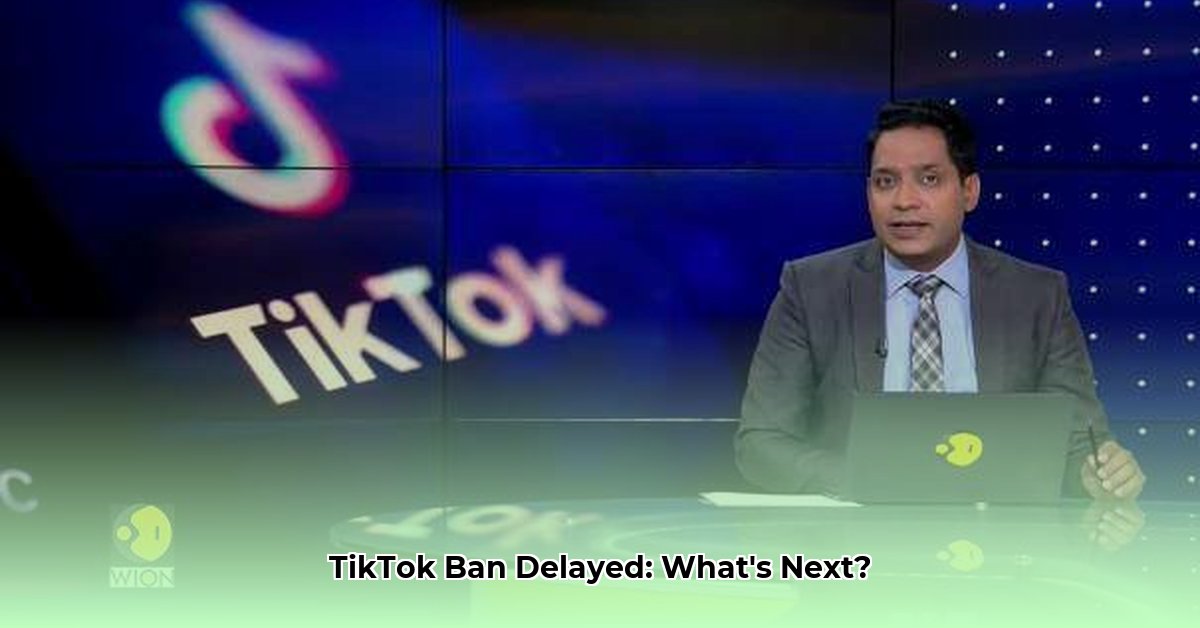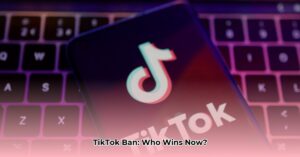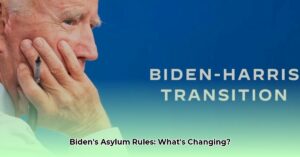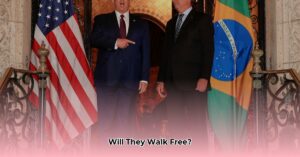TikTok’s Fate: A Deep Dive into the Ban Debate
The future of TikTok in the United States remains shrouded in uncertainty. A complex interplay of national security concerns, legal challenges, and economic implications has created a dynamic and evolving situation. This article serves as a comprehensive explainer, providing up-to-date information and analysis of the ongoing debate.
Understanding the Timeline: From Initial Concerns to Current Status
The TikTok saga began with concerns about data privacy and the potential for Chinese government influence. Here’s a timeline of key events:
- Pre-2024: Growing concerns emerge regarding data privacy and potential national security risks associated with TikTok’s Chinese ownership.
- 2024: Congress passes legislation, signed by President Biden, that could lead to a TikTok ban if certain conditions aren’t met.
- January 19, 2025: Initial deadline for potential ban enforcement is deferred. Legal challenges and the presidential transition contribute to the delay.
- Trump Administration’s Return: The return of the Trump administration introduces another layer of complexity, given their previous stance on a potential TikTok ban.
This timeline continues to unfold, and the future remains unpredictable.
National Security Concerns: Why TikTok Remains Under Scrutiny
Despite the delayed enforcement, national security concerns continue to fuel the debate surrounding TikTok. These concerns primarily stem from TikTok’s parent company, ByteDance, being based in China. Here’s why these concerns persist:
- Data Collection and Potential Misuse: TikTok collects vast amounts of user data. Critics worry this data could be accessible to the Chinese government, potentially for surveillance, influence operations, or even intellectual property theft.
- Influence and Censorship: Some experts suggest the Chinese government could influence TikTok’s algorithms to promote certain content or censor information, shaping public opinion and potentially interfering with democratic processes.
- Project Texas and its Limitations: TikTok’s proposed solution, Project Texas, involves storing U.S. user data with Oracle. However, concerns remain about the level of transparency and independent oversight of this arrangement.
These ongoing concerns underscore the complexity of navigating the intersection of national security and individual liberties in the digital age.
Legal and Economic Impacts: Navigating the Potential Fallout
A potential TikTok ban carries significant legal and economic ramifications.
- First Amendment Concerns: A ban could raise First Amendment issues related to freedom of speech and expression. Legal experts anticipate potential lawsuits challenging the constitutionality of such a measure.
- Economic Disruption: A ban could significantly impact creators who rely on TikTok for income, disrupt businesses that utilize the platform for marketing, and potentially reshape the broader social media landscape.
- U.S.-China Relations: The TikTok situation adds another layer of complexity to already strained U.S.-China relations. The outcome of the ban debate could have broader implications for international trade and geopolitical dynamics.
The Path Ahead: Possible Scenarios and Ongoing Developments
Several potential scenarios could unfold:
- Negotiated Agreement: A compromise could be reached, addressing data security concerns while allowing TikTok to continue operating in the U.S. This might involve stricter regulations, independent audits, or changes to TikTok’s ownership structure.
- Partial Ban or Restrictions: The U.S. government could implement a partial ban, restricting TikTok’s use on government devices or by specific demographics, while allowing general access to continue.
- Full Ban Implementation: Despite legal challenges, a full ban on TikTok in the U.S. could be enforced. This would likely lead to protracted legal battles and potentially set a precedent for future tech regulation.
- Sale of U.S. Operations: ByteDance could sell TikTok’s U.S. operations to an American company, addressing the core concerns about Chinese ownership and influence.
The future of TikTok in the U.S. remains uncertain. Ongoing negotiations, legal developments, and political considerations will ultimately determine the platform’s fate. This article will be updated as the situation evolves. For the latest information, consult reputable news sources and official government announcements.







